Our humanitarian action in the Philippines (January-May 2016)
… Erechem Building corner Rufino and Salcedo Streets Legaspi Village, Makati City 1229 T …
… Erechem Building corner Rufino and Salcedo Streets Legaspi Village, Makati City 1229 T …
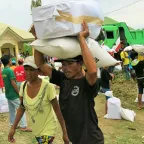
The ICRC and the Libyan Red Crescent Society continued to help the Libyan people affected by conflict in the region. In 2015, we provided aid in the form of food and essential household items such as …
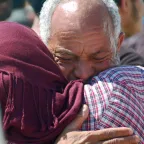
Yemen's dreadful conflict has entered its second year with huge and urgent humanitarian needs. Ordinary people have paid the price for the violence which has left millions of Yemenis in urgent need …
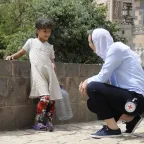
'Commemorating the Missing' portrays the efforts of the families of the missing in Nepal to honour their loved ones. Fifty-nine commemorative memorials such as water wells, pillars, gates, waiting …
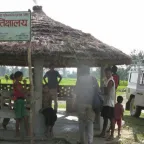
The Hateymalo programme covered the families in five consecutive phases, beginning with a pilot phase in Bardiya District and ending with a fourth expansion into remote districts. Two external …
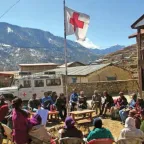
The ICRC has scaled up its humanitarian response to civilians affected by armed violence in North East Nigeria. In 2016, we continue to provide food , shelter and essential household items to …
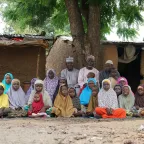
In a street in Lebanon, separating Tripoli's Jabal Mohsen and Bab el-Tebbaneh, women from both neighbourhoods have come together to take part in a self-confidence building session with the Lebanese …
… is essential to keep children off the streets and to pass on essential information …
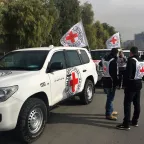
… the host family, so he decided to take to the streets, where he lived for about five years. …
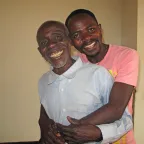
Violence against health-care has been a growing humanitarian issue with long-term and widespread effects. Attacks against health-care workers, hospitals and ambulances cause disruption in their …

Try one of the following resources:
Created in 1863, the ICRC library, alongside the ICRC archives, provides an indispensable documentary reference on the organization itself and international humanitarian law.
International humanitarian law is based on a number of treaties, in particular the Geneva Conventions of 1949 and their Additional Protocols, and a series of other instruments.
Customary international humanitarian law consists of rules that come from "a general practice accepted as law" and that exist independent of treaty law.